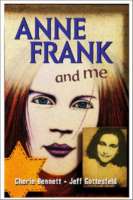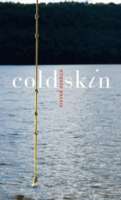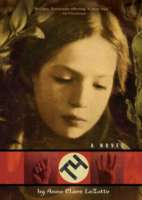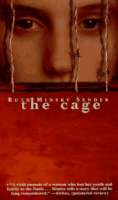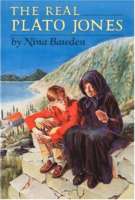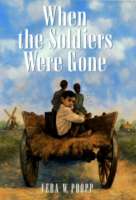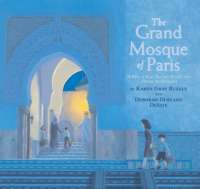
When the Nazis occupied Paris, no Jew was safe from arrest and deportation. Few Parisians were willing to risk their own lives to help. Yet during that perilous time, many Jews found refuge in an unlikely place–the sprawling complex of the Grand Mosque of Paris. Not just a place of worship but a community center, this hive of activity was an ideal temporary hiding place for escaped prisoners of war and Jews of all ages, especially children.

